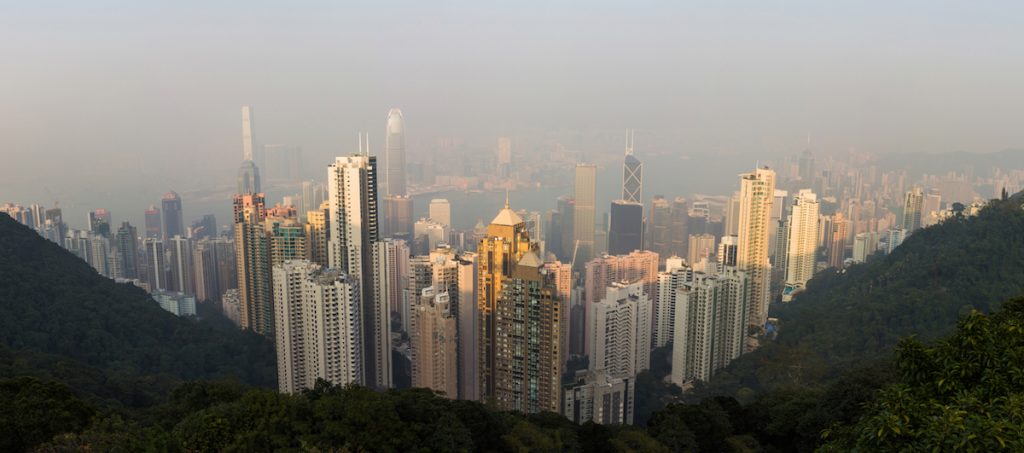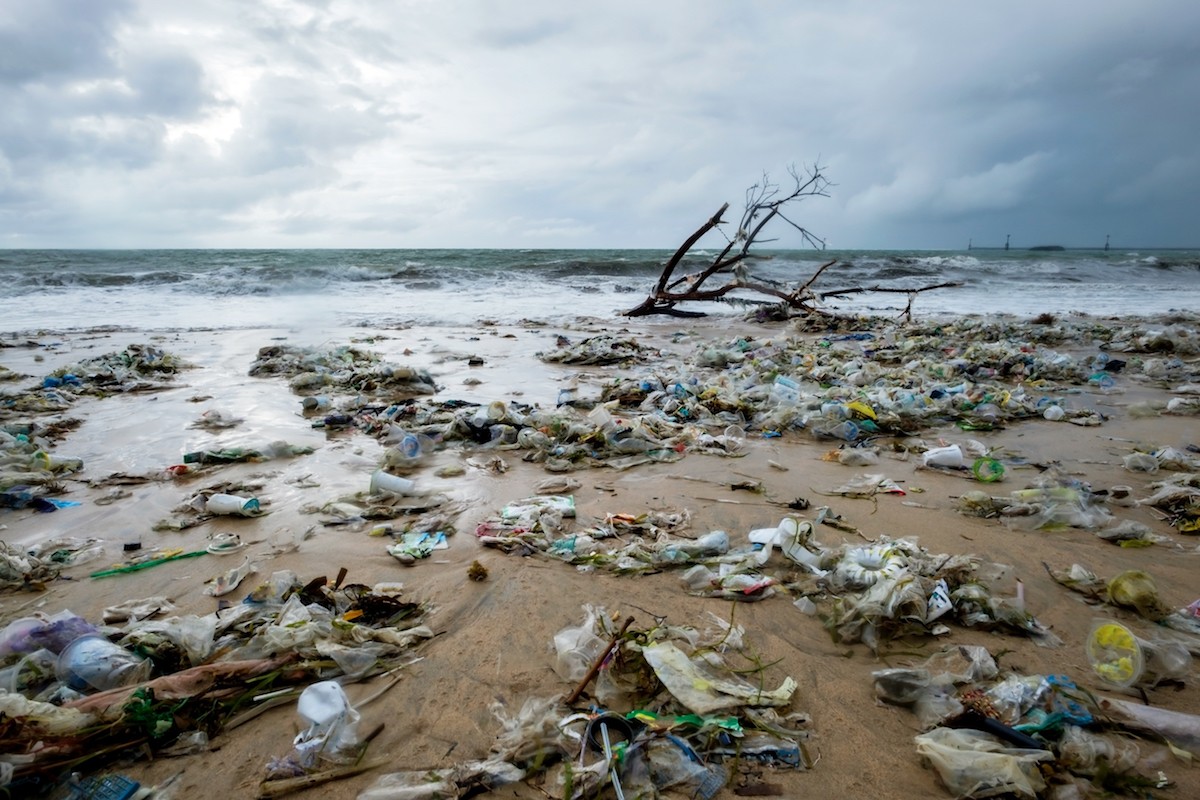Various groups from around the world called on the United Nations Human Rights Council to uphold the “right to a safe environment” as a human right.
More than 250 organizations, including church institutions and environmental groups, signed a petition urging the council to “recognize without delay” the human right of all to a “safe, clean, healthy, and sustainable environment.”
The groups said the council has “a unique responsibility to urgently address and prevent the serious threats to human rights posed by environmental degradation.”
The petition is addressed to Elisabeth Tichy-Fisslberger, chairman of the United Nations Human Rights Council, which is set to hold its 45th regular session later this month.
In the letter, the groups said a healthy environment “is essential for human life and dignity,” adding that everything that humans enjoy is “dependent on healthy, diverse, integral, and functioning ecosystems.”
“In view of the global environmental crisis that currently violates and jeopardizes the human rights of billions of people on our planet, global recognition of this right is a matter of utmost urgency,” the letter read.
The document stressed that the coronavirus pandemic “demonstrates the urgency” on why the council must grant the petition.
“[The pandemic] is clear evidence of large-scale environmental degradation and human-induced disruption of natural ecosystems being strongly linked to such diseases, more frequently crossing over from animals to humans,” the document read.
The groups said that to avoid further or worse catastrophes and pandemics, “states must recognize, respect, protect and fulfill” the human right to a safe environment.
The global scientific community has been pressing a consensus on the critical state of the environment and its consequences for human lives and the future of life on Earth.

In its previous assessments, the Intergovernmental Panel on Climate Change has provided evidence of the “scope of the climate crisis and its most significant threats.”
The global assessments have observed that “nature across most of the globe has now been significantly altered by multiple human drivers, with the great majority of indicators of ecosystems and biodiversity showing rapid decline.”
It added that “most of nature’s contributions to people are not fully replaceable, and some are irreplaceable.”
The groups stressed that the scientific community has already “identified the kind of actions that need to be implemented” and “has underscored the urgent need for rapid, far-reaching, and transformative changes.”
“Those actions include replacing fossil fuels with renewable energy, eliminating poverty and reducing inequalities, sound management of chemicals that eliminates waste and pollution and fosters sustainability, and scaling up protection for biodiversity and healthy ecosystems,” read the document.
The petition stated that these actions “must ensure the protection of the human rights, lands, and livelihoods of indigenous peoples and all other communities.”
The petitioners also urged governments and nations to champion stronger protection to the most vulnerable sectors, especially women and children, against the impacts of the climate crisis.
The document said that women and children “face higher risks and greater burdens from environmental degradation and climate change due to pre-existing gender inequalities and intersecting forms of discrimination.”
The groups stressed that gender equality and the role of women and girls “will be reinforced by the universal recognition of this right.”
“The universal recognition of this right will further buttress the legitimacy of their efforts and highlight the key role they play in ensuring that states effectively protect the environment while respecting, protecting, and fulfilling all human rights,” it added.
Children are particularly vulnerable to environmental harm. More than 25 percent of deaths among children under the age of five each year — approximately 1.7 of 5.9 million — “are attributable to largely-preventable environmental causes.”
Among the faith-based institutions that signed the document were the Franciscans International, Living Laudato si’ Philippines, Dominicans for Justice and Peace, and Kairos Center for Religions, Rights, and Social Justice.







